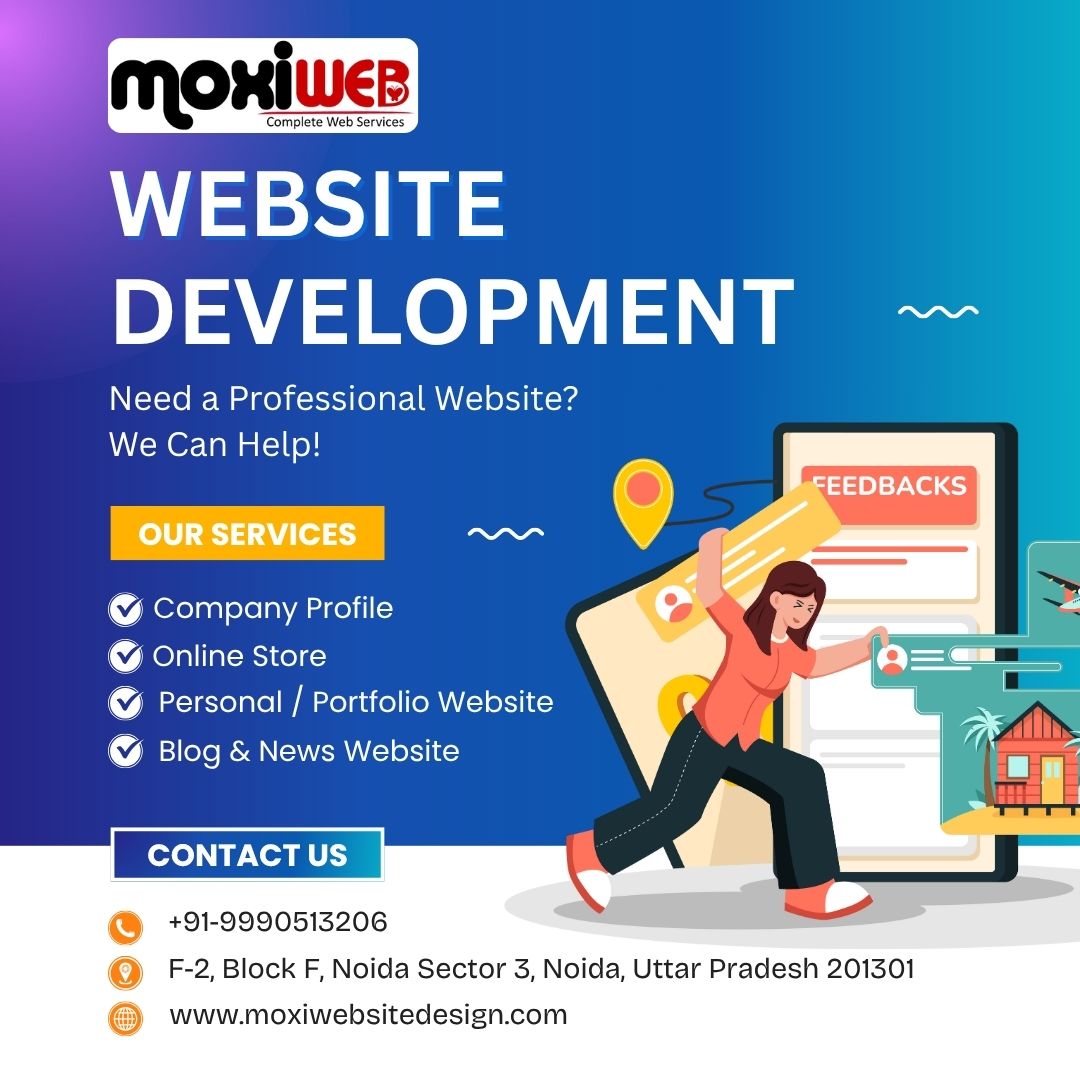The conversation around renewable energy has moved far beyond being just an environmental issue. Today, it’s about economics, technology, and the future of how societies function. As I look around at the pace of change, I can see how renewable energy is not just creating alternatives but transforming entire industries. Startups, governments, and global companies are working together to design systems that are more efficient, affordable, and scalable.
For me, the most interesting part of this shift is how practical solutions are emerging that directly impact daily life. Renewable energy is no longer something we talk about as a distant future—it is happening right now.
The Problem That Sparked Innovation
One of the biggest challenges the world faces is the over-reliance on fossil fuels. They have powered growth for decades, but their limits are clear. Global demand keeps rising, and supply chains often face disruptions. On top of that, the environmental concerns are impossible to ignore.
I’ve noticed that the urgency to act is no longer just about climate—it’s about sustainability in every sense. Countries realize that they cannot depend indefinitely on finite resources. The cost fluctuations of fossil fuels impact everything from household budgets to global trade.
The Role of Renewable Energy
Renewable energy innovations are stepping in to provide real solutions. Unlike traditional sources, they are abundant and accessible. Sunlight, wind, water, and even organic waste are being tapped in new ways. The real breakthrough lies in how technology is making these sources more efficient and affordable.
Here are some areas where I’ve seen remarkable progress:
- Solar energy: Panels are now cheaper, more efficient, and easier to install than ever before.
- Wind energy: Offshore and onshore wind farms are producing record levels of power.
- Energy storage: Advanced batteries are helping smooth out the intermittent nature of solar and wind.
- Hydrogen fuel: A new wave of innovation is positioning hydrogen as a clean fuel for industries and transport.
Why Innovations Are Driving Real Change
The challenge with renewable energy has never been availability—it’s always been about reliability and scale. That’s where innovation is making the difference.
Storage Technology
Batteries are improving rapidly, and I’ve noticed how they’re being built at scales that can power entire communities. This is important because solar panels don’t generate energy at night, and wind farms depend on weather. With storage, power can be supplied consistently.
Smart Grids
Modern energy systems are also becoming more intelligent. Smart grids balance supply and demand automatically, reducing waste and ensuring that renewable energy flows where it is needed most.
Cost Reduction
When I look at reports, the cost of solar and wind power has fallen dramatically over the last decade. This makes renewables competitive with fossil fuels, opening doors for widespread adoption.
Local Impact
Renewable energy is also reshaping local economies. Communities are building microgrids, farmers are using solar pumps, and households are installing rooftop panels. This bottom-up approach complements large-scale national projects.
What This Means for the Future
I find it inspiring that renewable energy is no longer a niche solution. It’s mainstream, and the pace of innovation suggests it will dominate the future. This isn’t just about electricity—it’s about transforming transport, manufacturing, and even how cities are designed.
For me, the connection feels similar to how certain lifestyle choices gain traction because they make sense for both individuals and communities. Just like people might prefer Mr Fog Max Pro Strawberry Guava for its unique balance, societies are drawn to renewable energy because it combines practicality with long-term sustainability.
Why People Should Pay Attention
The way I see it, renewable energy isn’t just a trend for governments or corporations. It’s something that affects all of us. Whether it’s lower bills, cleaner air, or more resilient local economies, the benefits are real.
Key Advantages I’ve Observed
- Lower costs: Households can save money by generating their own energy.
- Job creation: Entire new industries are opening up.
- Resilience: Local energy solutions reduce dependence on global supply chains.
- Sustainability: Renewable energy provides a long-term path forward.
As innovations continue, I believe we will see more integration across sectors. Transportation is already shifting with electric vehicles powered by renewable grids. Manufacturing plants are adopting clean hydrogen. Even data centers are being powered by green energy to handle the growing demand of digital services.
The Long-Term Outlook
When I think about the next decade, I see renewable energy shaping not just economies but also culture. It changes how we think about resources, independence, and innovation. For startups and established companies alike, the opportunity lies in building technologies that make renewable energy more accessible and efficient.
Personally, I believe this is one of the most exciting shifts of our time. It blends science, business, and community in a way that few other industries can. Just as products like Strawberry Banana Mr Fog Max Pro 2000 Puffs appeal to specific tastes while gaining broad popularity, renewable energy innovations are meeting global demands while fitting into local contexts.
In the end, what matters most is how these solutions scale. Every advancement in storage, grid technology, or cost reduction brings us closer to a future where renewables are the default choice. It’s no longer about whether this shift will happen—it’s about how quickly.
For me, that’s the real story. Renewable energy is not just another industry development; it’s a reshaping of the world we live in. And with every innovation, from solar to hydrogen, we move closer to a system that is cleaner, smarter, and more resilient. Much like the rising popularity of Mr Fog Max Pro 2000 Puffs, renewable energy is creating momentum that’s impossible to ignore, and that momentum is setting the stage for the decades ahead.



